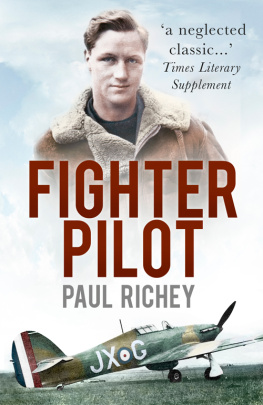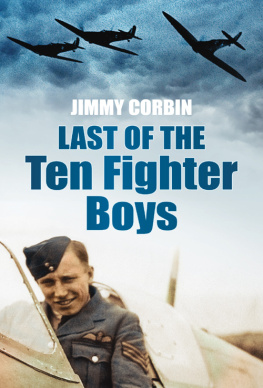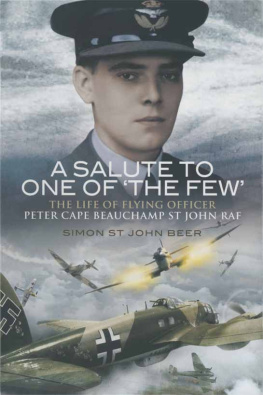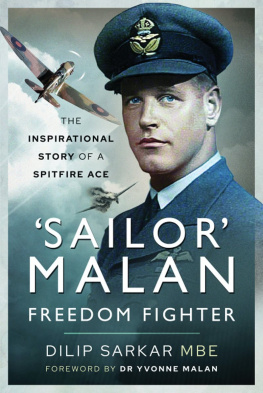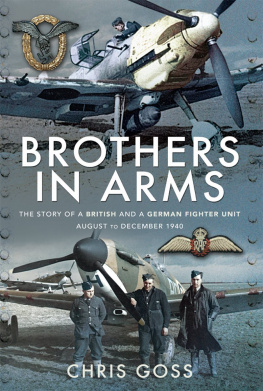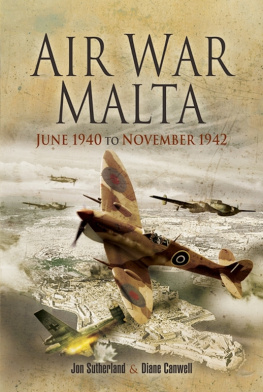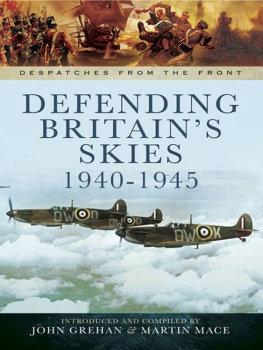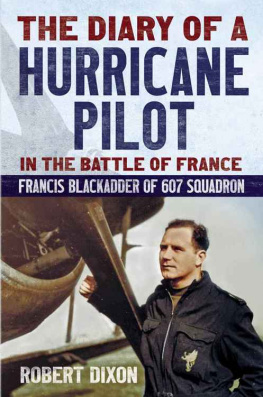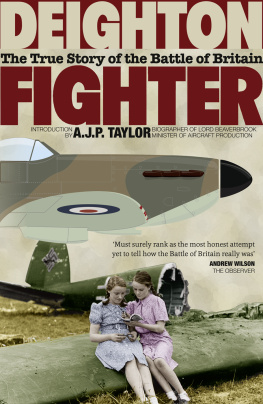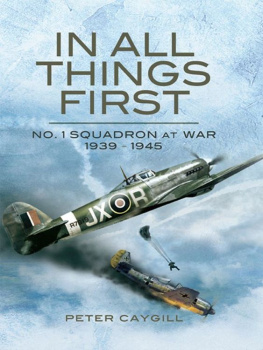Published in 2012 by Fighting High Ltd,
23 Hitchin Road, Stotfold, Hitchin, Herts, SG 5 4 HP
www.fightinghigh.com
Copyright Fighting High Ltd 2012
Copyright text Charles Palliser 2012
All rights reserved. No part of this publication may be reproduced, stored in a retrieval system, or transmitted, in any form, or by any means, electronic, mechanical, photocopying, recording or otherwise, without the prior permission of the publisher and copyright holder.
The ePublication is protected by copyright and must not be copied, reproduced, transferred, distributed, leased, licensed or publicly performed or used in any way except as specifically permitted in writing by the publisher, as allowed under the terms and conditions under which it was purchased, or as strictly permitted by applicable copyright law. Any unauthorised distribution or use of this text may be a direct infringement of the authors and the publishers rights and those responsible may be liable in law accordingly.
The rights of Charles Palliser to be identified as the author of
this book are asserted in accordance with the Copyright,
Patents and Designs Act 1988.
British Library Cataloguing in Publication Data.
A CIP record for this title is available from the British Library.
ISBN 13: 978-0956269683
eISBN 13: 978-0993212956
Mobi ISBN 13: 978-0993212956
cover design by Michael Lindley
The author Charles Palliser died in September 2011.Charless manuscript was based on the notes he kept during the war, his logbook and the recollections he recorded in recent years. Unfortunately, during the editing and proof-reading phases of this book, inconsistencies were discovered with regard to the spelling of some of the less-well-known people in Charless story. In such cases, the most likely spelling has been adopted, where further research has failed to provide a conclusive answer. The publisher would be pleased to receive any suggestions for
corrections.
To my beloved wife of 63 years, Ruth, and to my daughters Gill and Marianne
Foreword
When I was invited to write a foreword to this book, I found myself recalling, with some amusement, the old adage alleging that great gifts often arrive in small parcels. For the nation at large and those of us privileged to know and serve with Charles Palliser, he was one such parcel.
I first met Tich Palliser towards the end of September 1940, when he arrived as one of three or four replacement pilots joining No. 249 Fighter Squadron, based at RAF North Weald in Essex. A small fresh-faced NCO, he was not especially notable.
As a bright young pilot officer of 19, I had been with 249 since its inception five months earlier, and, having fought through much of the Battle of Britain, although barely 20 years old myself, had achieved some sort of specious seniority and reputation. To me the young and callow Sergeant Palliser was merely an inexperienced novice, qualifying, in my eyes anyway, for the slightly ignominious title I then bestowed on him of Tich. Little did I know at the time that he was actually some months older than me, or that he would fly with such distinction in the months to come. It was also many years later that I was informed that he never really forgave me for my less than flattering reference to his lack of inches.
From the outset, it became obvious to all including most of the officers in 249 that Sergeant Palliser was a person of strong opinions, most of which he aired without restraint, one of them being that the NCOs of the squadron, like second-class citizens, were obliged to sleep under canvas while the officers of the unit lived luxuriously in First World War wooden huts. Experience and a measure of success in later months, however, tempered his ire to such an extent that he accepted a commission in the spring of 1941 to become a less vocal member of the officer class.
After his promotion and frequently while wearing his officers Service Dress hat at a jaunty angle, he was renowned for his merry quips almost as much as for his successes in the air, his prowess continuing in England for weeks before the squadron left for Malta in May 1941.
In Malta, condemned to fly obsolete Mark I Hurricanes against both the Italians and the Germans, 249 Squadron suffered grievously, resulting in many casualties. Despite being in a unit lumbered with inferior aircraft and much unserviceability, Tich Palliser continued to prosper. In our monastic stone Officers Mess at Torri Combo, RAF TaQali, he lived in the next bedroom to me for almost nine months, so that, obliged to share the miseries of the summer heat in mosquitoridden Malta, we came to know each other very well indeed.
After my own departure from the island on 29 December 1941, he continued to serve in 249 for some weeks, but was promoted and moved across to No. 605 Squadron at Hal Far after being awarded the DFC. Hearing later that he had been sent to South Africa on instructional duties, I then lost track of him for many years, although I did subsequently learn that he had married a delightful South African-born lady before moving finally to Australia.
In 1990, the 50th anniversary of the Battle of Britain, I met Tich Palliser and other veterans of 249 at RAF North Weald. Looking much as he had done in 1940, but a little sleeker and a trifle rounder, he was his old self, a little less provocative perhaps, but voicing definite views of his own. And for many years thereafter we kept in touch, with a letter now and then, always a Christmas card, and very often a surprise telephone call from Black Rock, Australia.
Finally there came the faltering admission that he was growing old and failing more than a little in health. After that, the telephone calls became less frequent, until finally there was only silence and the distraught voice of his delightful, well-loved daughter, Gill.


